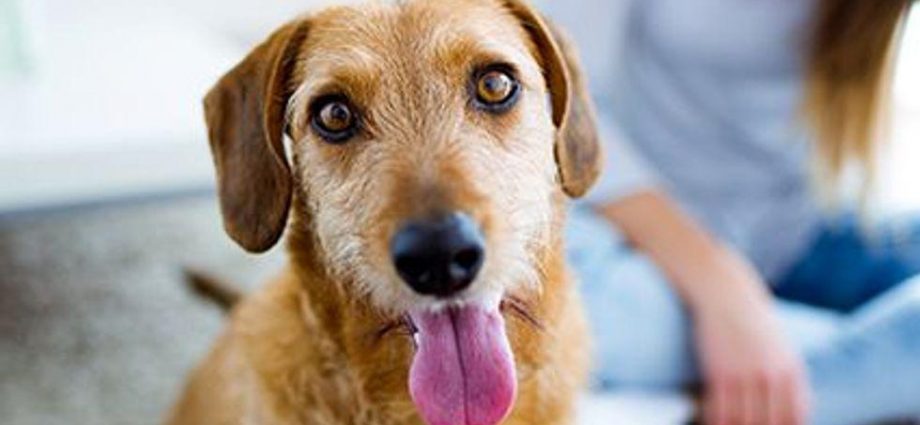WEDNESDAY, Dec. 27, 2023 (HealthDay News) — People whose beliefs or concerns make them hesitant to get vaccinated are also likely to forgo vaccinating their pets, new research shows.
That could threaten the health of people and their four-legged friends, researchers said.
“Decreasing pet vaccination rates pose challenges to society for a number of reasons, including increased incidents of pet disease and death, increases in exposures for humans, the potential for further genetic adaptations of pathogens, as well as detrimental effects on veterinarians,” said study lead author Simon Haeder, an associate professor at Texas A &M School of Public Health.
for the study, his team looked at responses to an August 2023 survey of over 2,000 dog owners and 1,400 cat owners.
They were asked about the vaccination status of their pet or pets when it came to five diseases. For dogs, these included rabies, canine parvovirus and canine distemper, and for cats rabies, feline panleukopenia and feline Bordetella.
People were also asked about how strongly they supported the notion of vaccinating for each of these infections. They were also asked about each vaccine’s perceived safety, effectiveness and importance.
Pet owners were also canvassed on their general trust in scientists, their support for vaccine mandates for kids, their politics and their level of religiosity. Finally, they were asked about the level of expense owning their pet incurred (outside of vet expenses).
The results:
-
The vast majority of respondents did vaccinate their pets against rabies, although rates of immunizing dogs were higher than immunizing cats
-
Rates of vaccination for other infections were somewhat lower, but still high
-
Folks who questioned the importance, effectiveness and safety of vaccines were more likely to be hesitant about vaccination generally
-
People who already spent a lot of money on non-veterinary expenses (such a pet boarding or training) were more likely to forgo immunizing their pet
Haeder’s team found that folks’ ideology — being pro- or anti-vaccine — was correlated with whether or not they might vaccinate their pet, but the effect was weaker when it came to pet vaccines than human vaccines.
Still, “concerns about growing [vaccine] hesitancy remain and should be taken seriously, for both pets and humans, before the United States falls below important thresholds to prevent major outbreaks of vaccine-preventable diseases,” Haeder said in a Texas A&M news release.
The study was published recently in the journal Vaccine.
More information
Find out about recommended vaccines for your cat or dog at the American Verterinary Medical Association.
SOURCE: Texas A&M School of Public Health, news release, Dec. 22, 2023
Copyright © 2024 HealthDay. All rights reserved.

